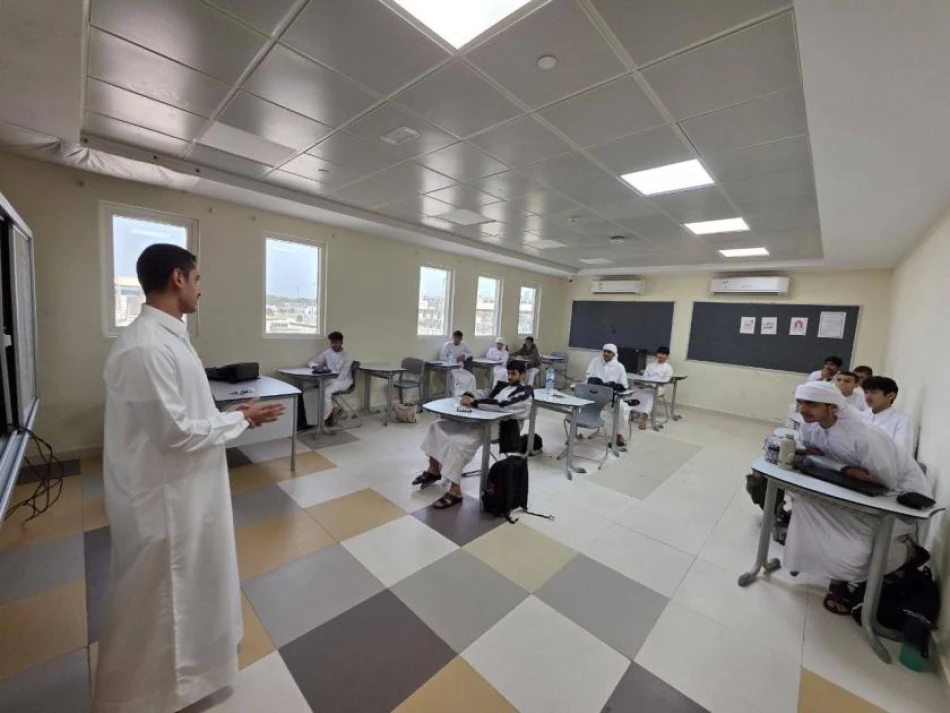
UAE Reinstates School Year for Students with over 15-day Absences: Boosting Attendance and Education
UAE Ministry of Education Enforces Stricter Attendance Rules with Potential Grade Repetition
The UAE Ministry of Education has introduced a comprehensive attendance policy for the 2025-2026 academic year that could force students to repeat entire grade levels if they exceed 15 days of unexcused absences. The new procedural guidelines represent a significant tightening of educational oversight, reflecting broader regional trends toward academic accountability and parental responsibility in Gulf states.
The New Attendance Framework
Under the updated regulations, students face a maximum allowance of five unexcused absence days per semester, totaling 15 days across the full academic year. Students who surpass this threshold risk mandatory grade repetition, marking one of the most stringent attendance policies in the Middle East's educational landscape.
The ministry has implemented a graduated warning system that activates after just one day of unexcused absence. This escalating approach culminates in referral to specialized departments and external child protection agencies after 15 days, demonstrating the government's commitment to treating chronic absenteeism as a serious welfare concern.
Technology-Driven Monitoring
Central to the new system is an instant messaging platform that alerts parents immediately when their children are marked absent. This real-time communication approach mirrors successful digital attendance systems implemented in Singapore and parts of the United States, where parental engagement has proven crucial for reducing truancy rates.
Strategic Penalties and Enforcement
The policy includes particularly strict measures for absences occurring on Fridays or days adjacent to official holidays, which count as double absences. This provision directly addresses a common pattern of extended weekend trips and holiday extensions that have historically disrupted academic continuity in the region.
Parents retain appeal rights within five working days of receiving absence notifications, providing a structured process for addressing legitimate concerns while maintaining policy integrity.
Regional Context and Educational Reform
This attendance crackdown aligns with the UAE's broader Vision 2071 initiative, which aims to establish the country as a global education hub. Similar reforms across Gulf Cooperation Council nations reflect growing recognition that academic excellence requires consistent classroom presence, particularly as these economies diversify away from oil dependence.
The timing is significant: as the UAE positions itself to compete with established education centers like Singapore and Switzerland, maintaining rigorous academic standards becomes essential for attracting international families and businesses.
Implications for Families and Schools
The policy places considerable pressure on expatriate families, who comprise roughly 85% of the UAE's population. Many of these families traditionally take extended home country visits during school terms, a practice that will now carry serious academic consequences.
For schools, the new system demands robust administrative capabilities and consistent enforcement. Educational institutions must balance cultural sensitivity with regulatory compliance, particularly given the diverse international community they serve.
The emphasis on child protection referrals also signals the UAE's evolving approach to student welfare, treating chronic absenteeism as a potential indicator of broader family or social issues requiring intervention beyond the school system.
Most Viewed News

 Omar Rahman
Omar Rahman






